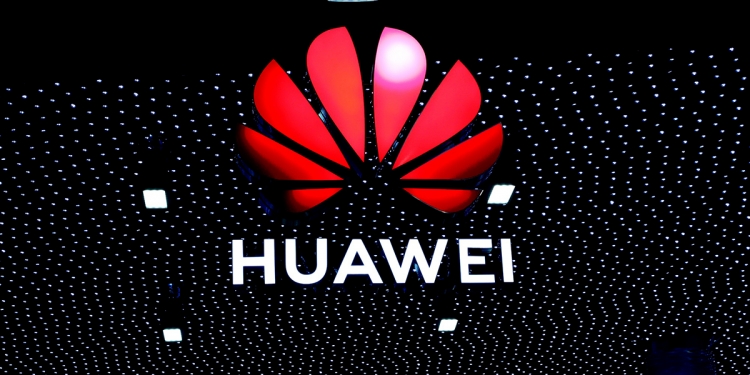In a startling development in the ongoing Huawei vs U.S. government case, the acting director of the Office of Management and Budget for the White House, Russell T. Vought, has called for a stay of enforcement for the upcoming Huawei ban.
In a letter addressed to U.S. Vice President Mike Pence and several members of Congress on June 4, the acting budget chief asked for a 2-year deferment for certain parts of the Trump-approved National Defense Authorization Act:
- Government agencies banned from contracting with Huawei or with companies that use its equipment.
- Federal grant and loan recipients prohibited from using Huawei equipment.
Why not the entire ban?
It’s important to note here that Vought isn’t asking for a delay in the entire prohibition against dealing with Huawei for American companies. Instead, what the acting budget chief is arguing for is regarding government agencies, as well as federal grant/loan recipients.
The essential reasoning behind the argument here is that the ban could potentially affect the number of telecommunication companies that would be able to supply services to the government.
“While the Administration recognizes the importance of these prohibitions to national security, a number of agencies have heard significant concerns from a wide range of potentially impacted stakeholders who would be affected.”
Excerpt from the letter dated June 4
One year, Vought argued, is too short a period for U.S. companies to fully extricate Huawei (and potentially other Chinese tech companies) from their supply chains, while telecommunication companies that operate in rural areas will also be affected by the ban.
What does this mean for Huawei phones?
Vought’s argument is really against the part of the ban that affects government agencies and federal grant/loan recipients, and not the general ban against dealings between Huawei and American companies.
However, as Google may have had federal funding from the U.S. government over the years, it’s worth noting that the potential deferment may allow Google to continue dealing with Huawei (until 2022, at least), which would allow Huawei devices to continue receiving Android security updates.
National security, or?
The letter calls for a 2-year delay up until 2022, which would effectively mean that all the stakeholders involved have around 3 years to seamlessly part ways.
The U.S. government and Huawei have been deadlocked over the last few months, with the connection between Huawei and the Chinese government the alleged cause for security concerns for their American counterparts.
However, President Trump conceded in an interview with CNBC that things with Huawei could change as part of the U.S. government’s trade negotiation with China. So is the ban really all about national security concerns? Or has this all been an elaborate attempt into gaining some leverage for a potential trade deal with China?
Time will tell.
[ SOURCE ]








